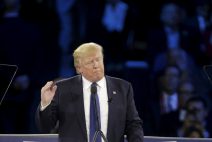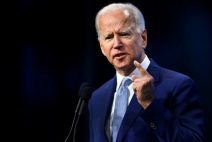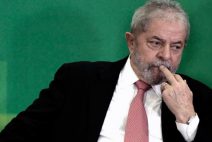OPEC+ member states lined up to endorse the steep cut to its output target agreed this month after the White House, stepping up a war of words with Saudi Arabia, accused Riyadh of coercing some other nations into supporting the move.
The United States last week said the cut would boost Russia's foreign earnings and suggested it had been engineered for political reasons by Saudi Arabia, which on Sunday denied it was supporting Moscow in its invasion of Ukraine.
Saudi King Salman bin Abdulaziz said the kingdom was working hard to support stability and balance in oil markets, including establishing and maintaining agreement of the OPEC+ alliance.
OPEC+ comprises the Organization of the Petroleum Exporting Countries (OPEC) and other producers including Russia.
The Saudi defence minister, King Salman's son Prince Khalid bin Salman, also said the Oct. 5 decision to reduce output by 2 million barrels per day (bpd) - despite supply tightness in oil markets - was unanimous and based on economic factors.
His comments were backed by ministers of several OPEC+ member states including the United Arab Emirates.
The UAE's energy minister, Suhail al-Mazrouei, wrote on Twitter: "I would like to clarify that the latest OPEC+ decision, which was unanimously approved, was a pure technical decision, with NO political intentions whatsoever."
His comment followed a statement from Iraq's state oil marketer SOMO.
"There is complete consensus among OPEC+ countries that the best approach ...is a pre-emptive approach that supports market stability and provides the guidance needed for the future," a SOMO statement said.
Kuwait Petroleum Corporation Chief Executive Nawaf Saud al-Sabah also welcomed the decision by OPEC+ and said the country was keen to maintain a balanced oil markets, state news agency KUNA reported.



















